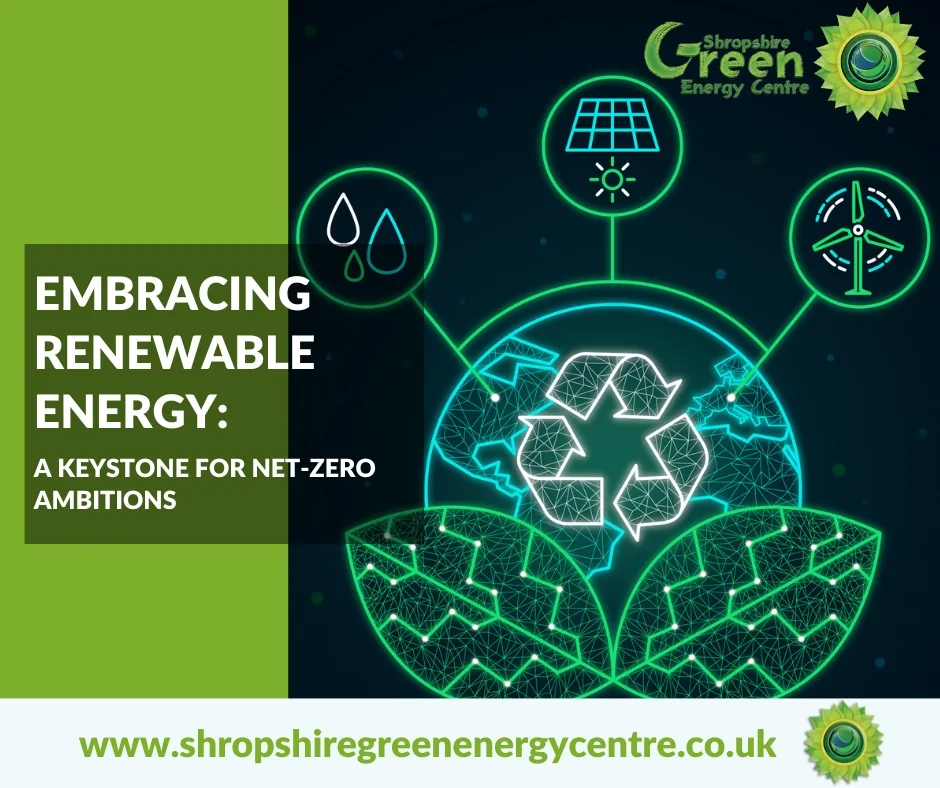
In the race to combat climate change, the role of renewable energy in achieving net-zero emissions cannot be overstated. As we navigate the complexities of transitioning to a sustainable energy future, it’s clear that renewable sources—such as solar, wind, and hydro—are not just viable alternatives but essential components of a resilient and clean energy system.
The Renewable Imperative
Renewable energy offers a sustainable solution to our energy needs, providing power without the harmful emissions that contribute to global warming. The rapid growth of renewable technologies, driven by innovation and decreasing costs, is making these sources increasingly accessible and efficient.
Challenges and Opportunities
While the transition to renewable energy presents challenges, such as intermittency and the need for energy storage solutions, it also opens up significant opportunities. The development of smart grids, energy storage technologies, and demand-side management can help overcome these hurdles, ensuring a reliable and flexible energy supply.
Moreover, the shift to renewables can stimulate economic growth, create jobs, and reduce dependence on fossil fuels, enhancing energy security. Governments and investors worldwide are recognising the potential of renewable energy, leading to increased funding and support for its development.
A Path Forward
To fully realise the potential of renewable energy in achieving net-zero emissions, collaboration across sectors and borders is essential. Policies that support renewable energy adoption, investment in research and development, and education to foster public acceptance are all critical steps.
In conclusion, renewable energy is not just a part of the solution to climate change; it is the cornerstone of a sustainable, net-zero future. By embracing the potential of renewable sources, we can pave the way for a cleaner, more resilient energy system that benefits both the planet and its inhabitants.
